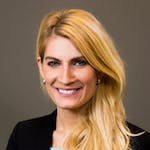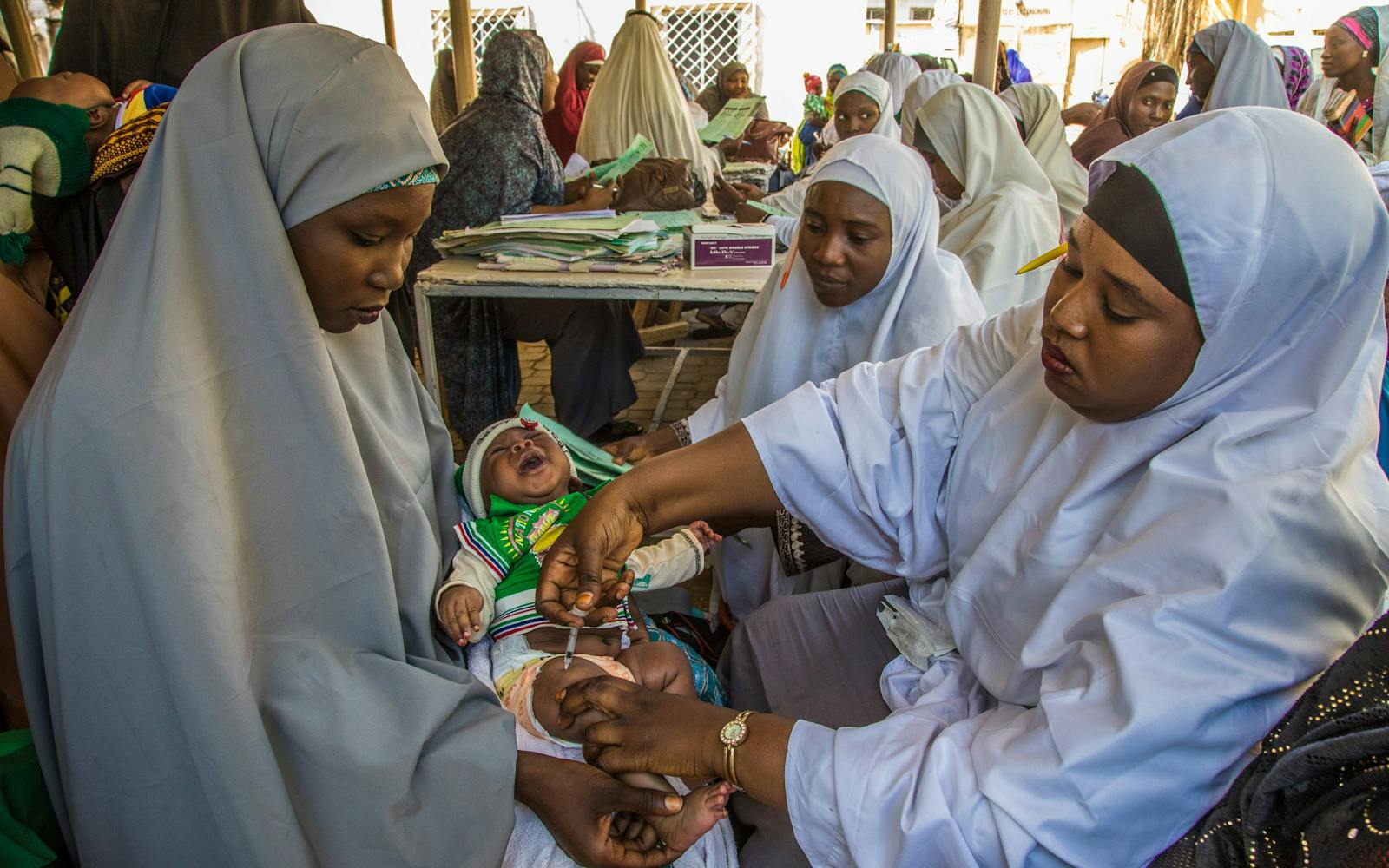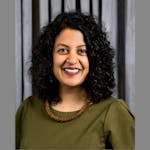Immunization is the backbone of primary health care, responsible for saving the lives of 2-3 million children each year and protecting entire communities from disease outbreaks and other types of health emergencies. And at the heart of immunization efforts around the world, you will find women.
Women make up 70% of our severely understaffed global health care workforce. They are on the front lines of immunization programs around the world, defying the odds to ensure that every child is protected against vaccine-preventable diseases.
In communities where it is often considered culturally inappropriate for male health workers to enter homes, women are the only ones who can reach unprotected children. As front-line vaccinators they trek long hours, often in unsafe areas, to deliver lifesaving vaccines. In doing so they encounter harassment, social stigmas, and even violence and targeted attacks on account of their gender. Many health workers have lost their lives trying to give the next generation a healthy start in life.
Women in Immunization are Saving Lives — and Advancing Gender Equality
Women also play many other essential roles in global immunization programs, whether as social mobilizers, program managers, subject matter experts, laboratory technicians, procurement specialists, trainers, or caregivers. And yet, women are still woefully underrepresented in executive and decision-making roles that govern vaccination programs and health care more broadly.
Despite the obstacles, women have continued to make vital contributions to programs across the globe. In their own words, women working in immunization around the world describe how they have experienced and overcome gender discrimination.
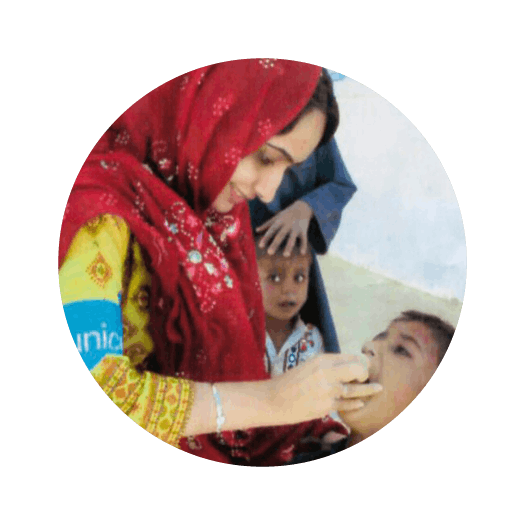 |
“I was told that there was no way we could manage a workforce comprising women working in these areas…At a personal level, I had to lead by example and show everyone that women could work in these difficult areas, face resistance, and achieve what a man could — in this case, even more.” –JAWAHIR HABIB, Programme Officer, UNICEF Polio Eradication Programme |
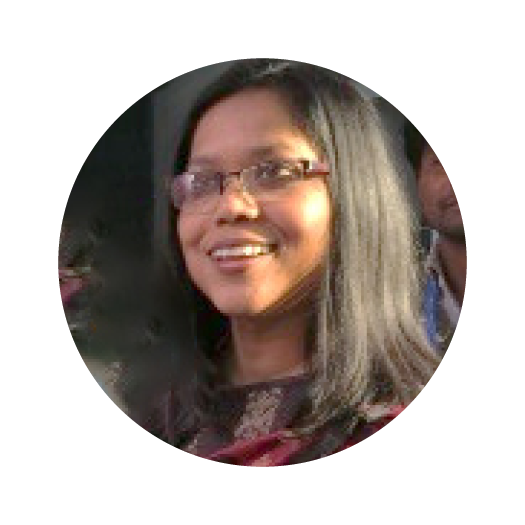 |
“Even as a senior member of the team, I was made to wait outside for hours, while my male colleagues were permitted to speak with officials inside prestigious religious institutions… We needed to equip the health worker and vaccination teams with accurate knowledge and enhanced communication skills to understand and address the concerns of the families.” –RINA DEY, Communications Director for the CORE Group Polio Project in India |
 |
“[The women who came before us] have raised the bar and have given the message that other women can work in public heath— it doesn’t matter your religion or color— it matters that you care. The new generation is coming. We need them, we need to prepare them. I tell my nieces that they can go and contribute to the world and make an impact.” –DR. ANA ELENA CHÉVEZ, Senior Technical Adviser for the Revolving Fund for Access to Vaccines at the Pan American Health Organization/World Health Organization |
 |
“I’m leading a team which secures the right vaccines at the right time to the right countries to support immunization activities to reach global targets. … I believe that gender equality and empowerment of women at all levels of immunization programs are yet to be fully leveraged to reach all children with lifesaving vaccines.” –ANN OTTOSEN, Manager of UNICEF’s global supply division warehouse in Denmark |
 |
“Even occupying leadership roles you have to have gender in mind. You have to be prepared to prove yourself a bit more. … It remains our responsibility to create a policy environment that gives opportunities for men and women.” –DR. FIONA BRAKA, Team Lead for Emergency Operations at the World Health Organization who worked on polio eradication for nearly 20 years in Africa |
Building Stronger, Gender-Equal Health Workforces
Ensuring a healthier, safer, and more equitable world requires resilient health systems staffed by health workers whose needs are being met and whose contributions are being fully utilized. It’s imperative that the health care workforce of the future — staffed largely by women — is shaped with gender in mind and that all contributions and innovations are fully leveraged to deliver for children. The Global Polio Eradication Initiative (GPEI) has already committed to this work and has pledged to fully integrate a gender perspective across all levels of programming within five years.
As the international health community focuses on building stronger health workforces in the wake of the COVID-19 pandemic, the vital role women play in health care must not only be recognized but also championed. It’s time to strengthen gender equity moving forward and apply a gender lens at every level as we build the health care workforce of the future — ensuring safe, paid work and equal opportunity to contribute to programming and decision-making.


